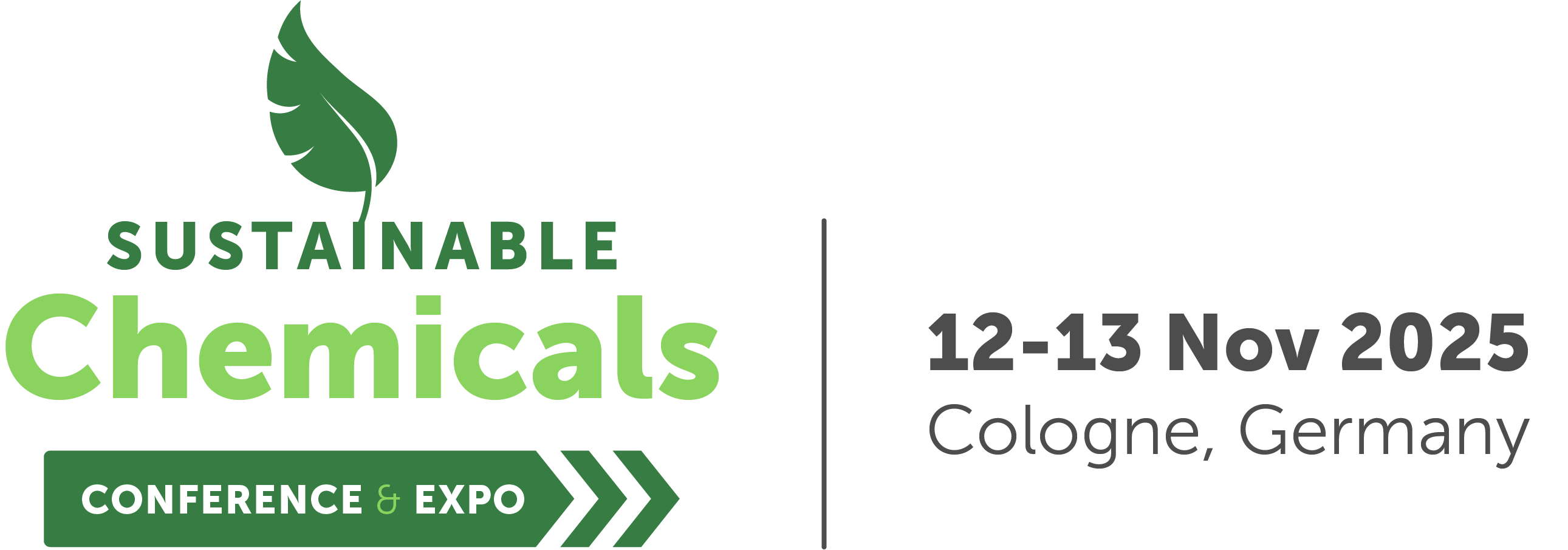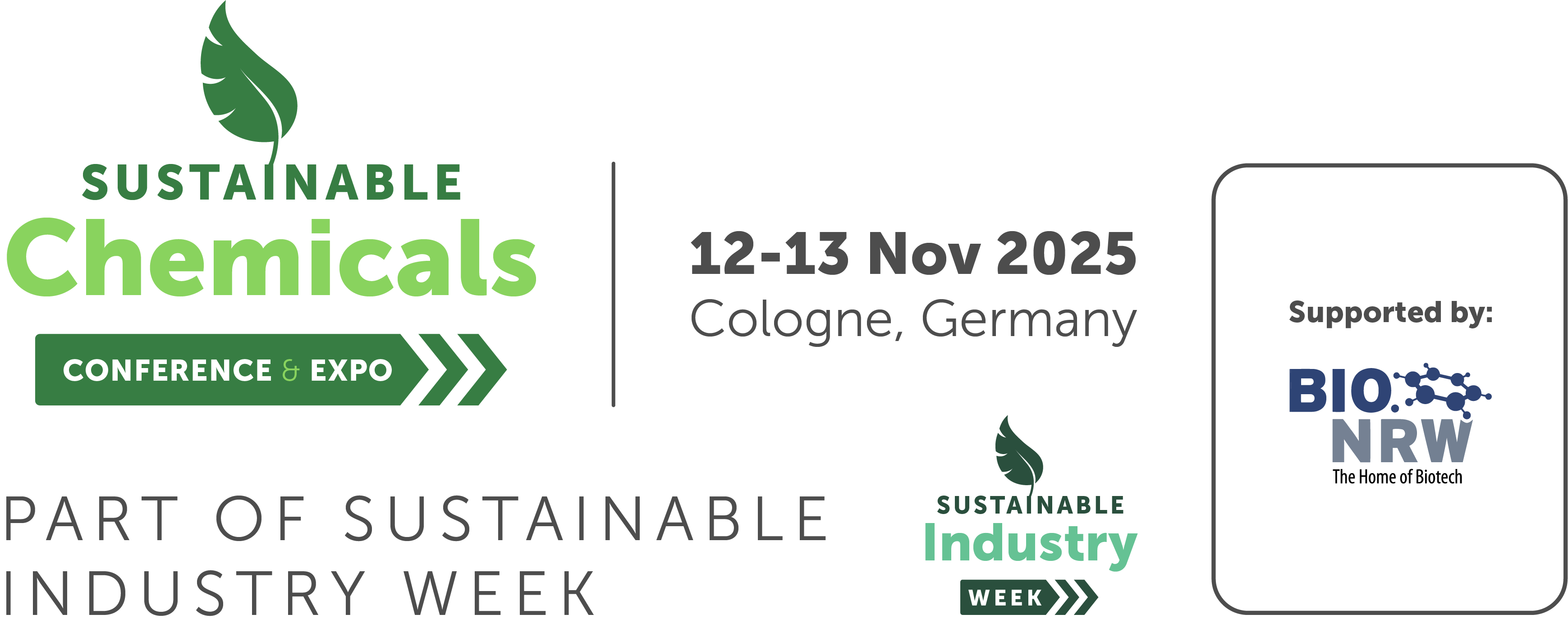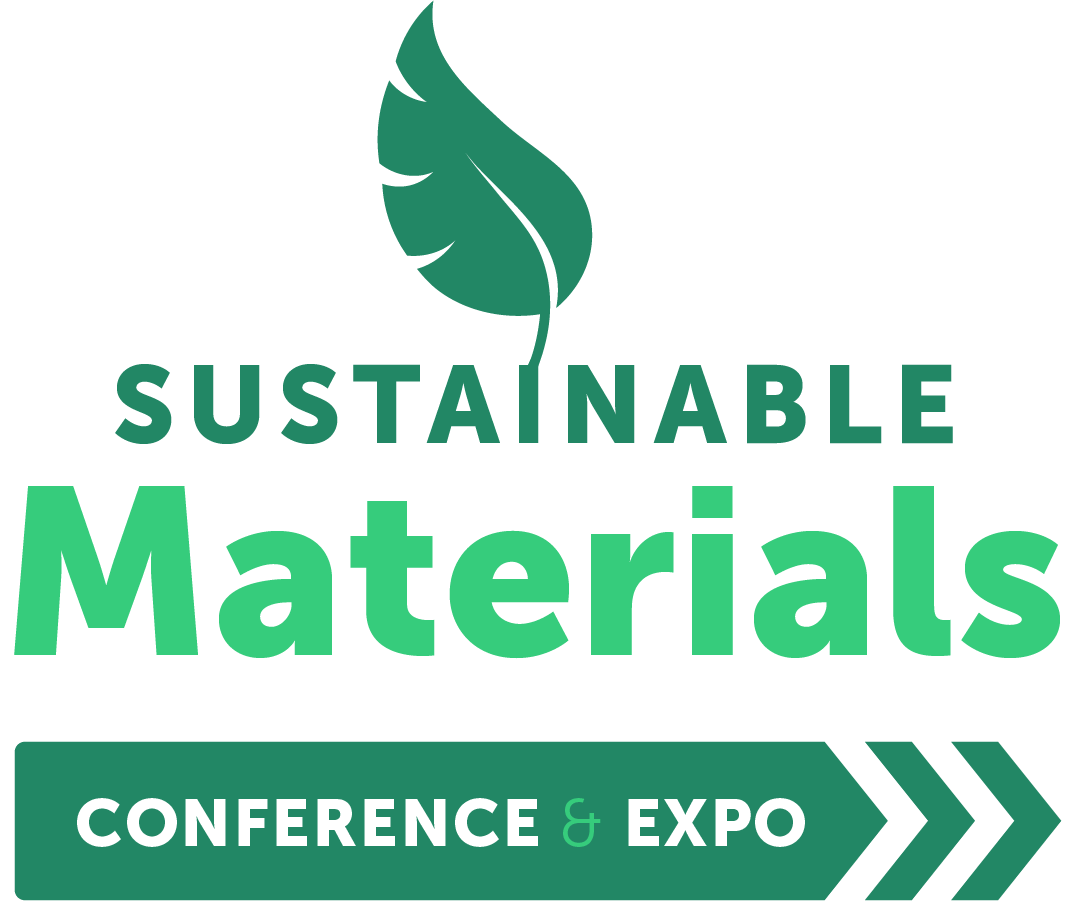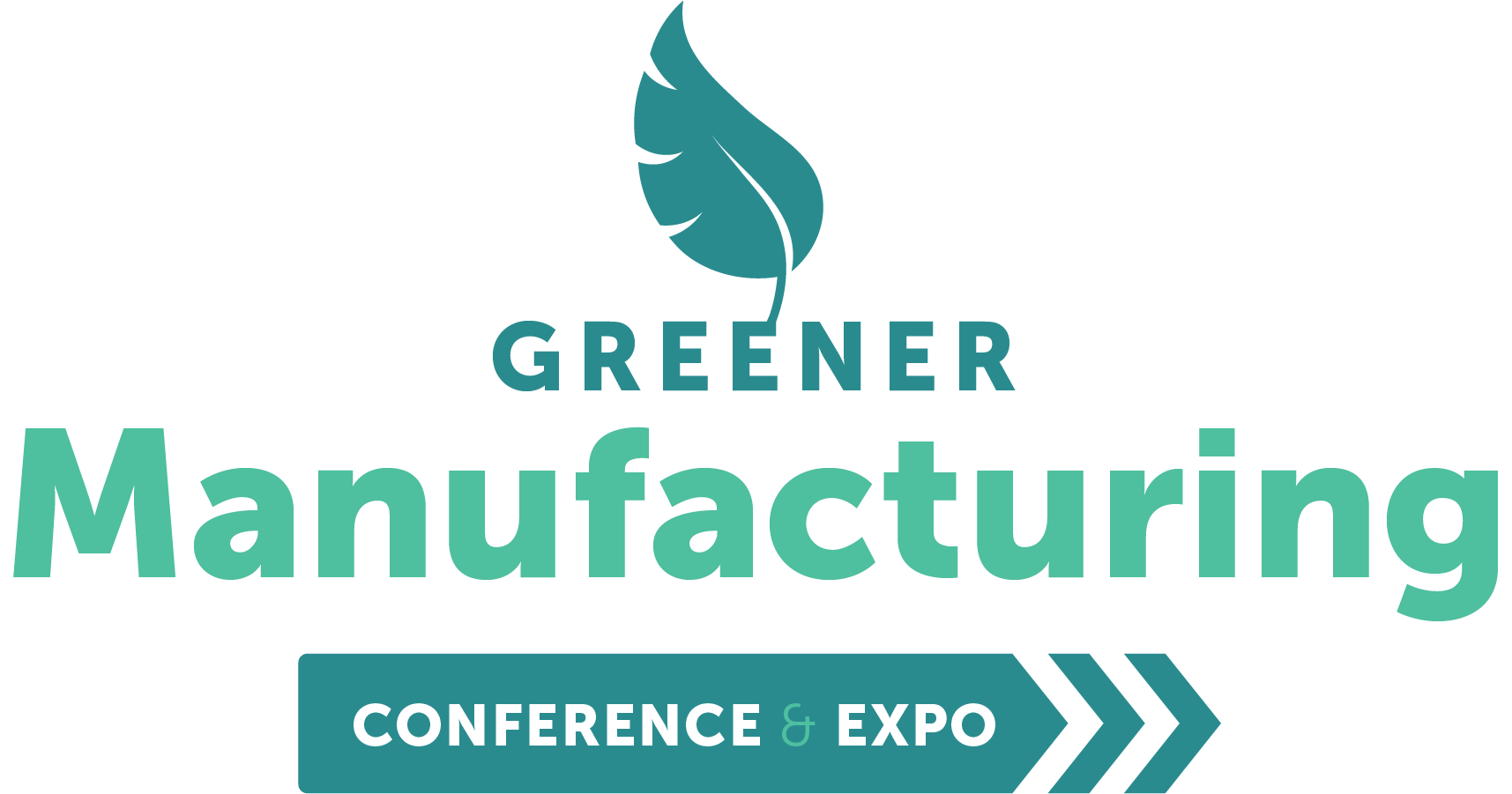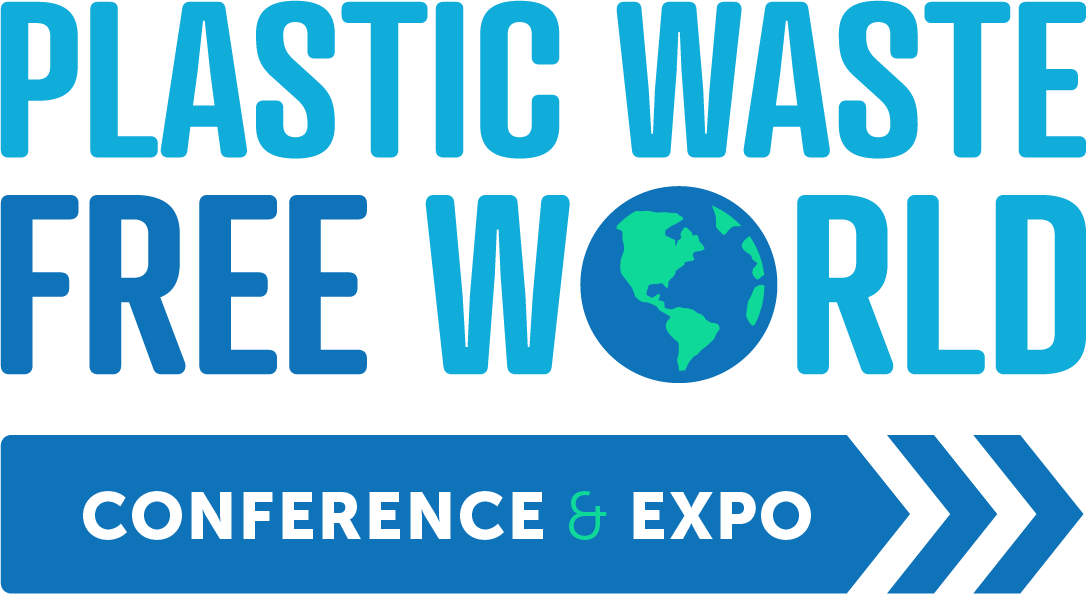Climate Neutrality in the Textile Coatings Industry - Realistic or Idealistic?
09 Nov 2023
Sustainable Materials and Chemicals
The textile industry produces around 1.2 bn t of greenhouse gas emissions (CO2e), making it one of the world’s biggest polluters. Most of these CO2 emissions are created during the production process. In addition, around 92 mn t of textile waste end up in landfills every year. Only less than 1% of all textiles are recycled and thus returned to the production cycle. It is not even a question that new ways of thinking are required to overcome existing challenges in order to contribute to a more sustainable textile world. Regulatory pressure will be crucial for driving change – for example, by implementing concrete measures, which are defined in the scope of the EU’s Strategy for Sustainable and Circular Textiles, with the goal of combating fast fashion, textile waste and other sustainability problems. But what does this mean for textile coatings, which are used to increase both, functionality and durability, of textiles? And how can the trade-off between performance and circularity be resolved? In the presentation, novel polyurethane-based material solutions which are prone to increase climate neutrality in the textile coatings industry will be highlighted. By demonstrating real-world examples and supported by LCA data, the advantages of water-based and partially biobased coatings as a more sustainable material will be discussed. Furthermore, insights on end-of-life recycling of coated textiles and remaining technical challenges that require innovation-focused thinking will be outlined.
